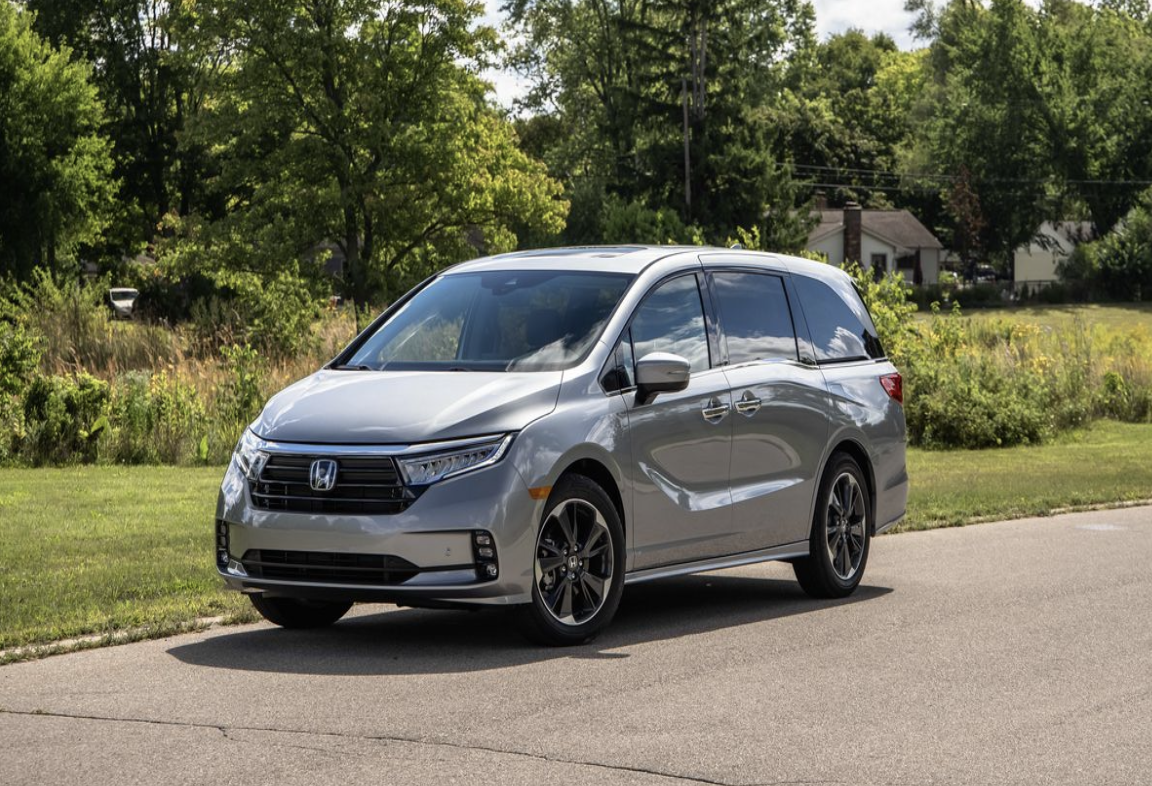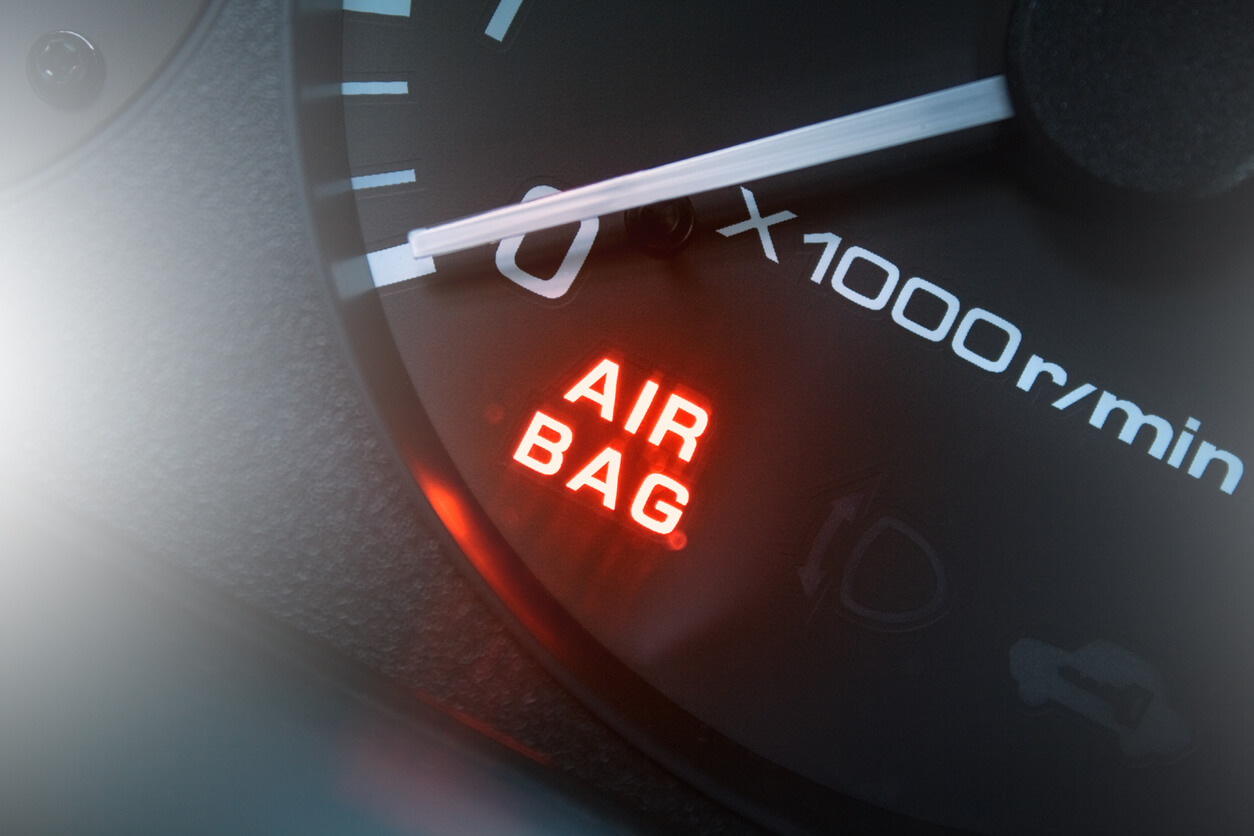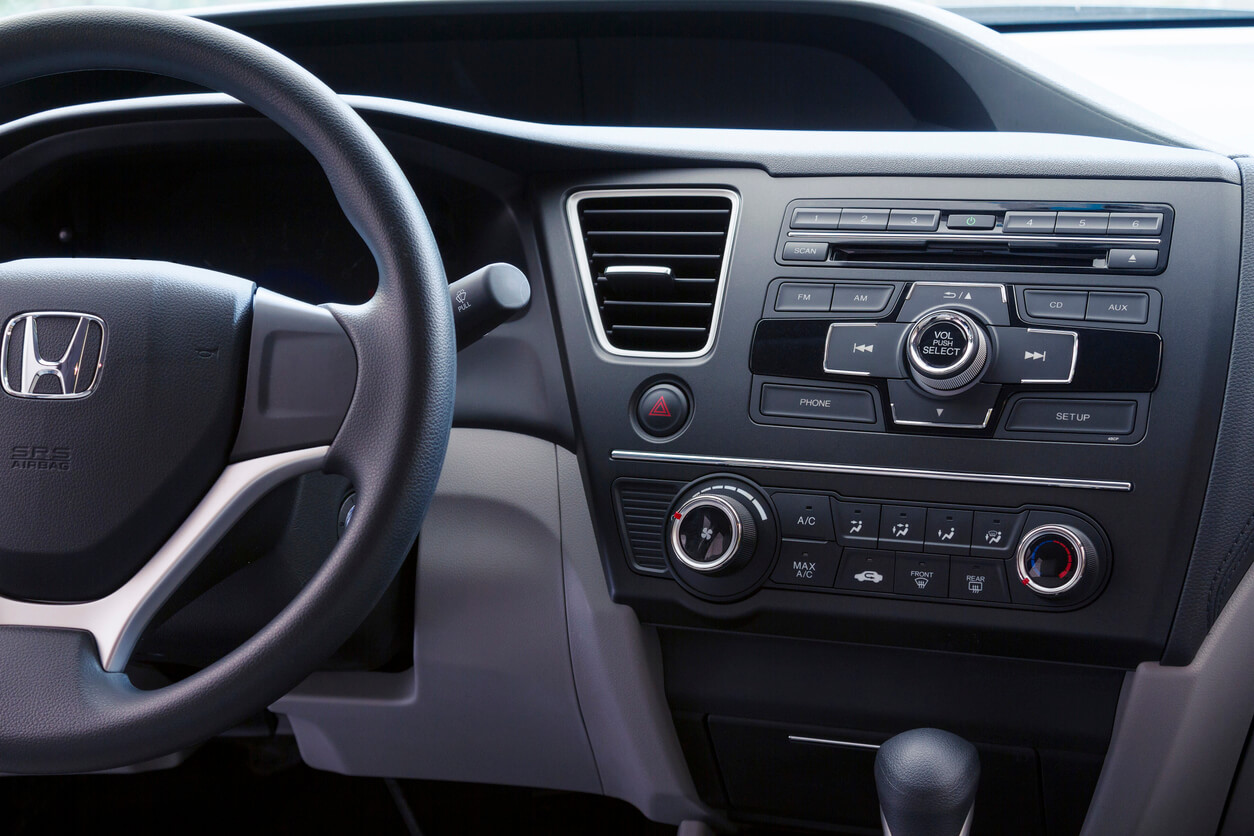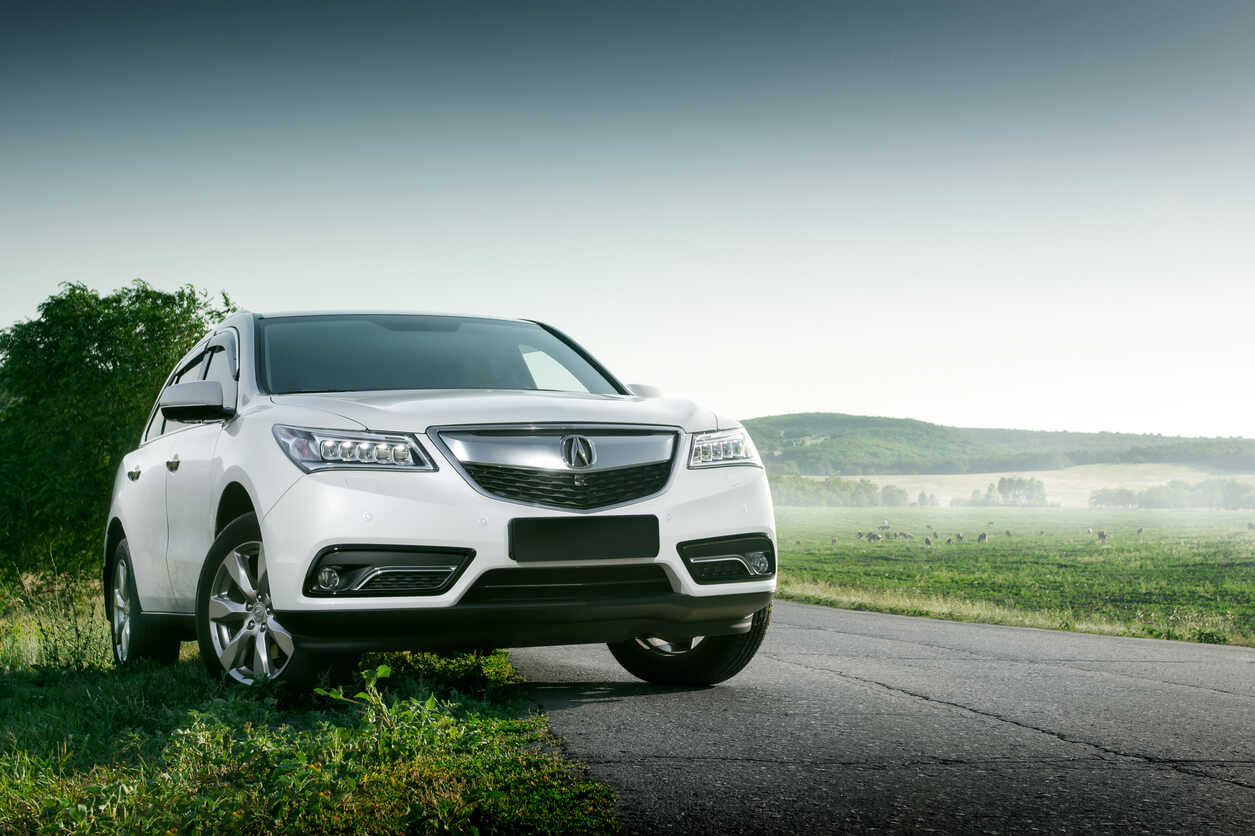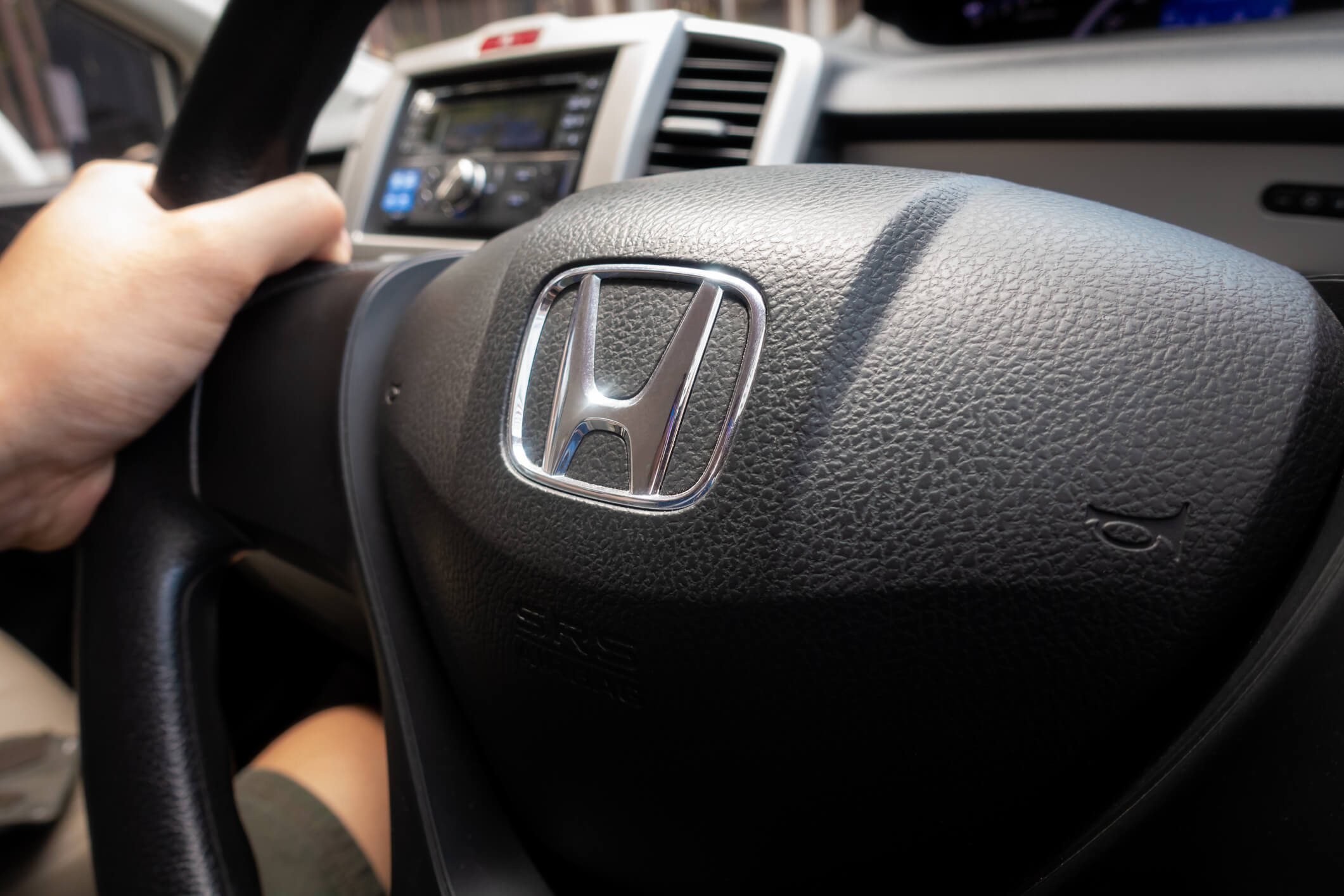Honda has recalled nearly 1.2 million cars due to problems in the connection signals and image appearance of the backend camera. Safety risks related to rearview camera failure are the main drivers of the recall.
Let’s take a deeper look at the recall details and compensations made by Honda.
Why NHTSA Opted For A Recall?
Different measures have been taken in the USA to curb road accidents and road safety insurance. In 2018, rearview cameras were officially mandated and reduced 17% of back over car crashes. However, about 1.2 million Honda Vehicles were reported with potential faults in these mandatory cameras. This resulted in a recall by Honda automakers filed with NHTSA. The company received 273,870 warranty claims related to rearview camera issues between May 2017 and June 2023. The improper design of the Communication Coaxial Cable was the cause of mass failure and led to a recall. Fortunately, no injuries or death has been reported so far.
Models Included In the Recall
The following models of Honda Company are subjected to the recall:
- Honda Odysseys (year 2018 – 2023)
- Honda Pilots (year 2019 – 2022)
- Honda Passports (year 2019 – 2023)
Although Honda specialists will need to inspect all the suspected units, the NHTSA anticipates that just around half of the 1,198,280 vehicles have defective cables. The company’s engineers were tasked with determining the root cause of the camera’s failure and devising the best possible solution.
Reported Problems and Follow-Ups by Honda
After a thorough inspection, the automakers, in the recall statement, confirmed that the defective design of the coaxial cable (communication cable of Media Oriented Systems Transport (MOST)) and its poor manufacturing resulted in the loss of signal connections between the vehicle cable connector and audio display unit. This may result in cutting off screen power or even a backup camera stoppage. Some owners also lodged complaints about the crackling and popping sound and flickering of the screen.
In 2019, the company took action against the report of infotainment screen flickering. Honda told the TE Connectivity (cable suppliers) to increase the cable length for better connection to the display unit. The automakers also asked the manufacturing units to use waterproof couplers to solve the connectivity problems. However, all the efforts were futile and ultimately forced the company to initiate the recall.
Instructions for the Dealers
Until 2023, the company did not recognize complete camera failure, but now it is recalling the vehicles and offering compensation. Dealers will be instructed to install the improved version of coaxial cable to ensure the best terminal connections. In addition, straightening covers will be added to the cable connectors, according to NHTSA. The company may also order the dealership to stop selling the affected model years without eliminating the issue. The recall statement has provided the dates of 24 July to 2 August for official notification.
If you face similar issues with your Honda, call (833) Lemon firm. Our experienced attorneys may be able to seek compensation from automakers for defects covered under warranty.
